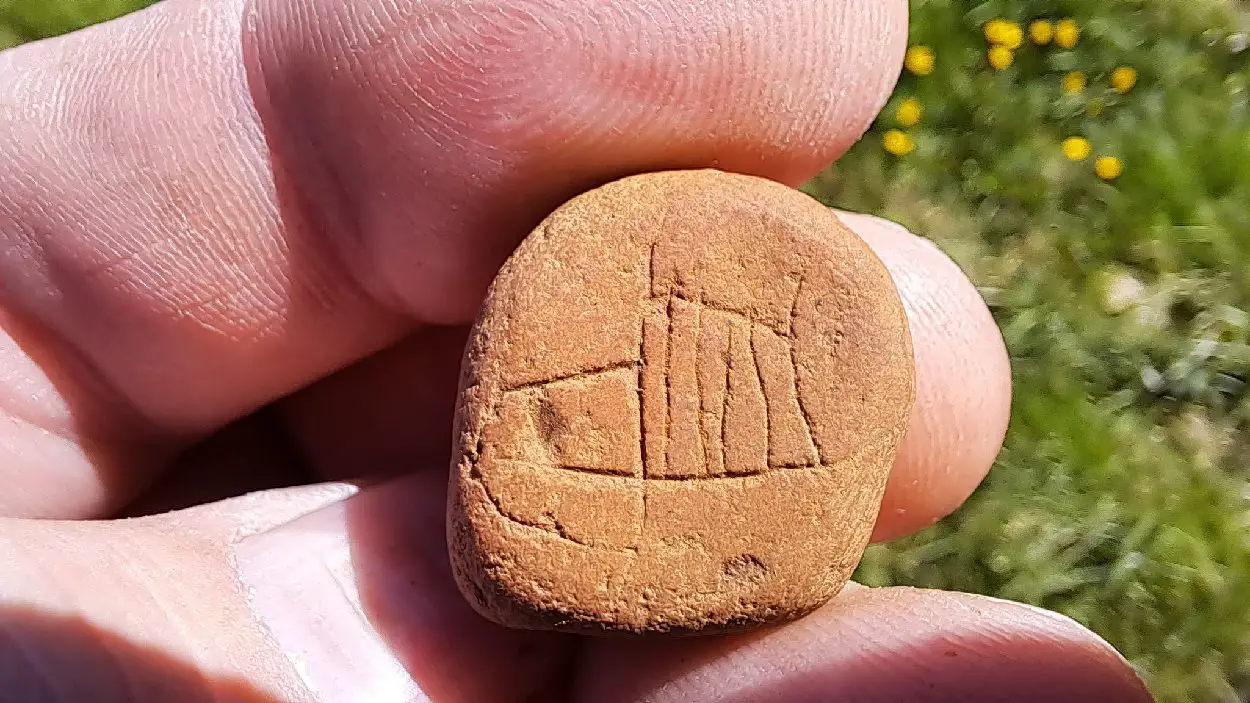Archaeologists have found a depiction of a Viking ship that may be the earliest image discovered in Iceland.
The discovery was made at the Stöð archaeological site near the village of Stöðvarfjörður, situated in the municipality of Fjarðabyggð on Iceland’s eastern coast.
Previous excavations have found two Viking-age longhouses, the older of which dates from before the main migration period, a date which is generally believed to have occurred in the second half of the 9th century AD.
The reasons for the migration are uncertain: later in the Middle Ages, Icelanders themselves tended to cite civil strife brought about by the ambitions of the Norwegian king, Harald I of Norway, but modern historians suggest factors such as a shortage of arable land in Scandinavia.
Archaeological studies indicate that the site was a seasonal camp for fishing and hunting, as well as for whaling and the production of fish oil. According to the chronicles, the area was settled by Þórhaddur ‘The Old’ from Trondheim, Norway, who lived there until his death.
Recent studies have found a carved sandstone that shows a depiction of a Viking ship. The depiction was found in an early dwelling that was an outpost for exploiting natural resources before the wider settlement was developed.
The structure measures around 31.4 metres in length and has been dated to around AD 800, predating the migration period by around 74 years.
The depiction shows an engraved image of a ship under sail at sea, measuring around 1 cm in width. Although such depictions are common in Nordic countries, the researchers suggest that the Stöð discovery is the first recorded depiction of a ship in Iceland and could be the earliest image ever discovered in the country to date.
Header Image Credit : Landnámsskáli í Stöð





